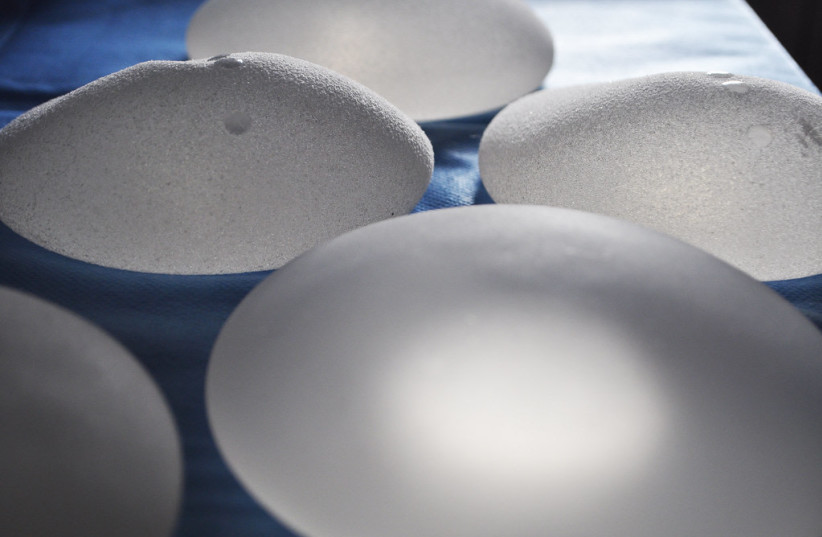Israel-based Stratasys – a 3D printing manufacturer – and CollPlant – a regenerative and aesthetic medicine company developing products based on its plant-based collagen for tissue regeneration and organ manufacturing – announced a joint development and commercialization agreement.
The companies plan on collaborating on the development of a solution to bio-fabricate human tissues and organs. This, using Stratasys’ P3 technology-based bioprinter and CollPlant’s rh-Collagen-based bio-inks.
The new bioprinter, the first project of the collaboration, will enable the production of CollPlant’s breast implants, which are being designed to regenerate an individual’s natural breast tissue without eliciting an immune response.
Stratasys CEO Dr. Yoav Zeif sees this as an "important opportunity to transform healthcare with bioprinting to improve the lives of patients undergoing breast augmentation or reconstruction procedures."
Indeed, the most common breast augmentation or reconstruction procedures today are based on synthetic silicone breast implantations.

CollPlant CEO Yehiel Tal said that the implant they have developed "has the potential to overcome the challenges" of these sorts of implants.
Indeed, animal studies published in January confirmed the success of CollPlant's 3D bio-printed regenerative breast implants. The study, not yet clinical and therefore not peer-reviewed, demonstrated progressive stages of tissue regeneration after three months, according to CollPlant.
